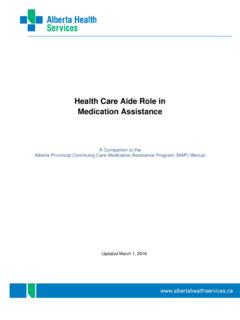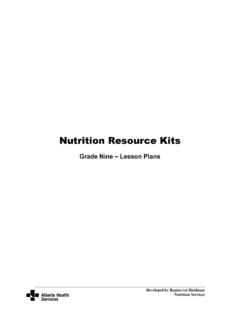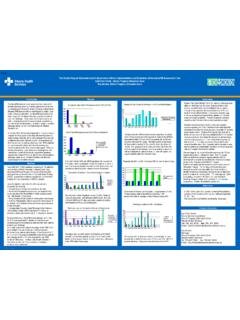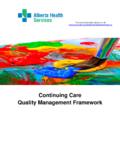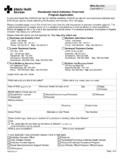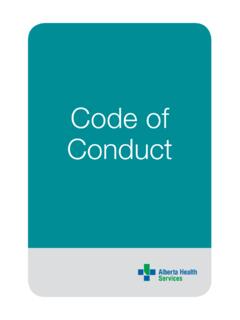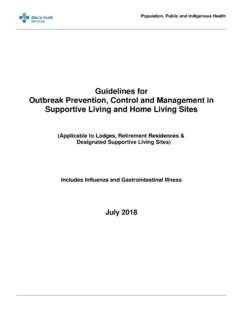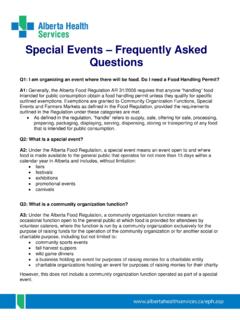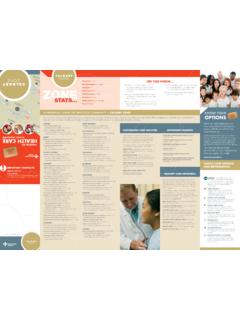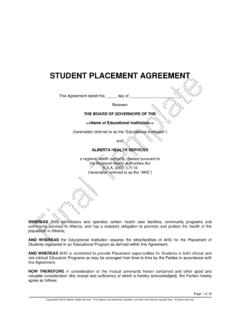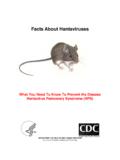Transcription of Hanatavirus - 7 Steps to Safe Clean-up of Mouse …
1 Hantavirus 7 Steps to safe Clean-up of Mouse Droppings, Nests, or Dead MiceHantavirus is a severe, potentially fatal, illness. Humans can be exposed to Hantavirus when the urine or feces of an infected rodent become airborne. This means that anyone who disturbs areas of mice or mice droppings, such as when cleaning, can be at risk. Reduce your risk of illness by following these seven simple but essential Steps , when dealing with rodent doors and windows and allow the area to ventilate for at least 30 minutes prior to starting your Clean-up . Keep out of the area while you let it ventilate. Wearing rubber gloves, thoroughly soak droppings, nests and dead mice with a bleach/water solution (one part bleach to nine parts water) or a household disinfectant. Let the bleach water solution sit on the droppings/nests/mice, for five minutes. Do NOT disturb any droppings, nests or dead mice, prior to soaking with this bleach solution (for the full five minutes). Mop up bleach-soaked droppings, nests and/or dead mice, or pick up with paper towels, placing immediately into a plastic bag.
2 Seal the plastic bag sealed plastic bag directly into a garbage container with a tight fitting lid. Wash your gloves before removing, and then wash your hands thoroughly (with warm soap and water). NOTE: never vacuum or sweep droppings, nests or dead mice. This can create dust that can be inhaled. The dust may contain Hantavirus. Albertans dealing with significant Mouse infestations, and/or Mouse infestations in enclosed, poorly ventilated, spaces, should contact Health Link Alberta ( ), to discuss necessary special infected with Hantavirus generally show symptoms one or two weeks after exposure, however symptoms have been known to appear up to five weeks after exposure. Symptoms resemble severe influenza, including fever, body aches, chills, and severe breathing you have recently been in an area contaminated by mice, and have developed severe influenza-like symptoms (including difficulty breathing), it is important that you see a doctor learn more about Hantavirus, visit
